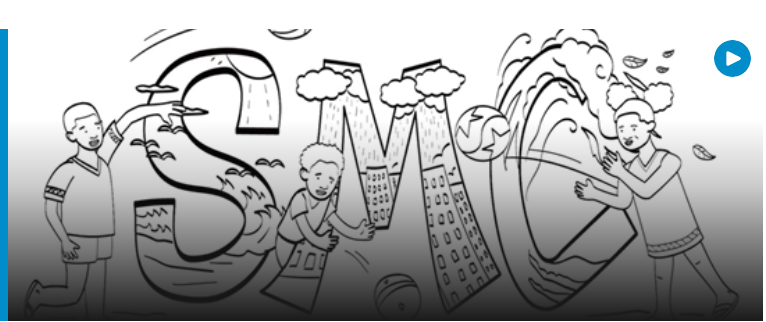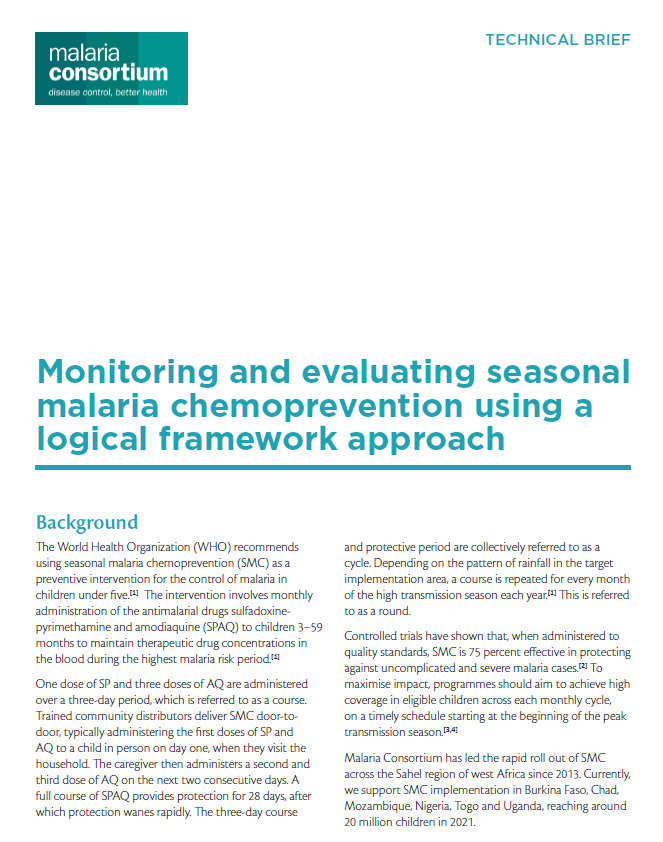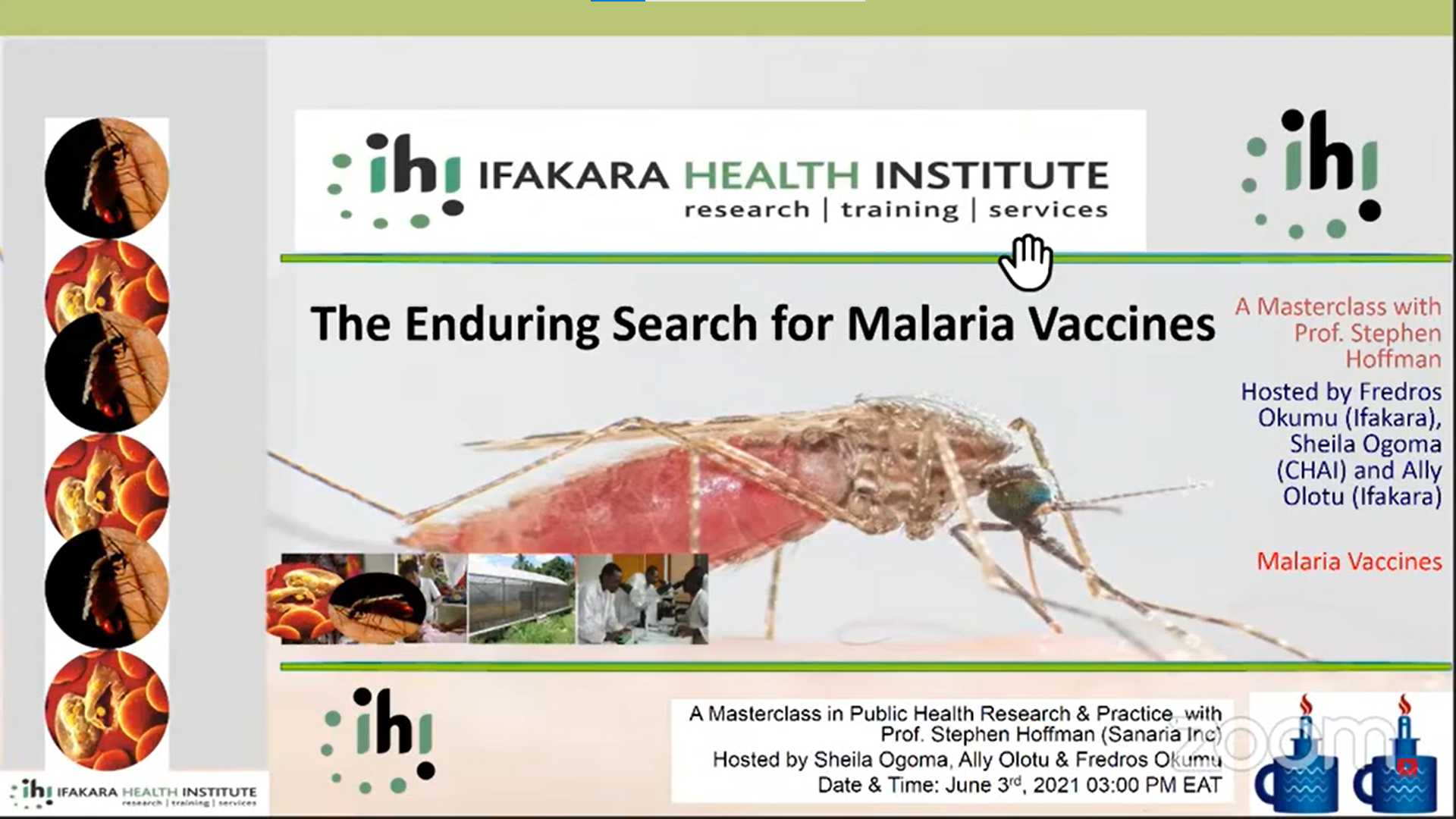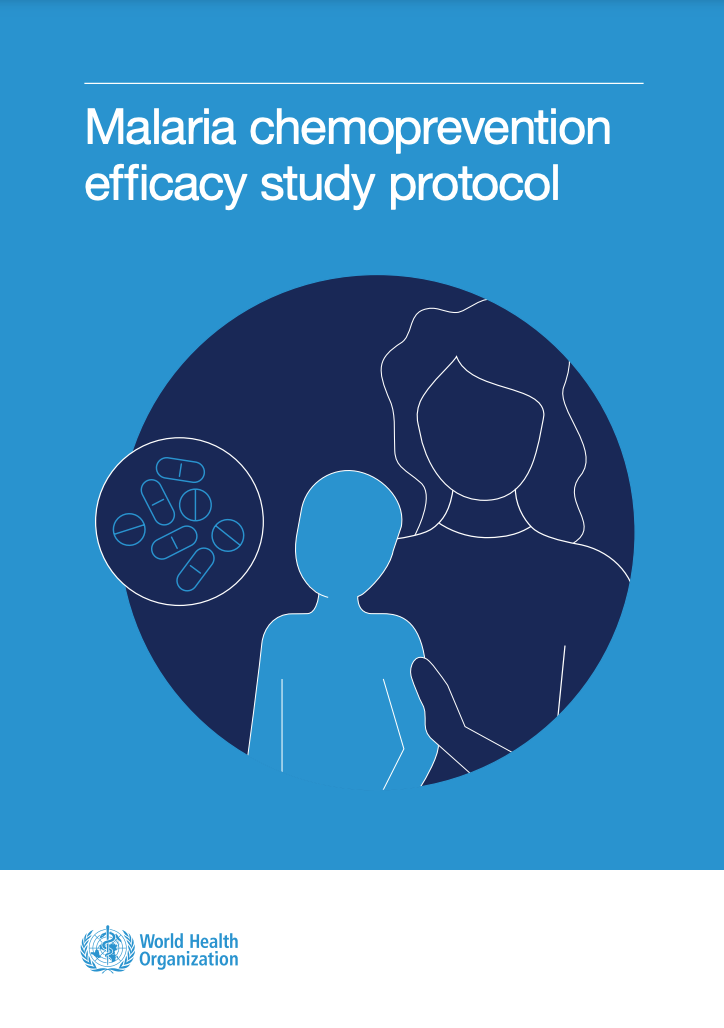New WHO recommendations for seasonal malaria chemoprevention in young children (SMC)
Published: 03/06/2022
Updated recommendation: seasonal malaria chemoprevention (SMC)
In some areas, malaria is highly seasonal, with most cases occurring over a short period during the rainy season. SMC is designed to protect children by clearing existing infections and preventing malaria infections during the season of greatest risk. This is achieved through the monthly administration of antimalarial medicines, usually sulfadoxine-pyrimethamine plus amodiaquine (SP+AQ), for as long as the rainy season lasts.
In 2021, 13 countries in the Sahel subregion of Africa implemented SMC, and public health experts believe that many other countries could benefit from the intervention, too.
The updated WHO recommendation on SMC differs from the original 2012 recommendation in at least 2 significant ways:
No more geographic restrictions
The original recommendation restricted SMC use to the Sahel subregion of Africa; SMC could not be recommended, at the time, in areas outside the Sahel with highly seasonal malaria transmission, such as in southern Africa, due to high levels of resistance to the medicines (SP and AQ) in those areas. The updated recommendation recognizes that countries in other parts of Africa with highly seasonal variation in malaria burden could also benefit from SMC, and that the availability of new medicines could make it a viable intervention in these areas.
The original recommendation stated that a maximum of 4 monthly doses of SMC should be given during the malaria transmission season. The updated guidance states that SMC should be given during peak malaria transmission season, without defining the specific number of monthly cycles.
More flexibility in recognizing age-based risk among children
While the original recommendation restricted SMC use to children less than 6 years of age, the new recommendation recommends this intervention for children at high risk of severe malaria, which may extend to older children in some locations.
“The flexibility of the new guidelines is key,” said Dr Dorothy Achu, National Malaria Control Programme Manager for the Ministry of Health in Cameroon. “It will enable countries like Cameroon to tailor their strategies. This will enhance the impact of SMC, especially when used with other interventions such as bed nets and the new malaria vaccine.”
THEMES: Drug-based Strategies | Vulnerable Populations



